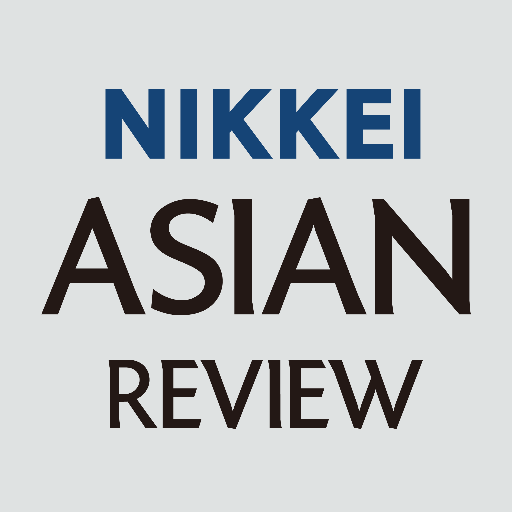India and China woo Africa ahead of BRICS summit
Our Dist. Fellow in Foreign Policy Studies, Amb. Rajiv Bhatia, mentioned in an article discussing PM Modi and Chinese Premier Xi’s visits to Africa. Read the full article here.
 Courtesy:
Courtesy:
Our Dist. Fellow in Foreign Policy Studies, Amb. Rajiv Bhatia, mentioned in an article discussing PM Modi and Chinese Premier Xi’s visits to Africa. Read the full article here.
 Courtesy:
Courtesy:
Our Distinguished Fellow in Foreign Policy Studies, Amb. Rajiv Bhatia, was mentioned in an article in the Daily Monitor leading up to PM Modi’s visit to Uganda. Read the full article here.
 Courtesy:
Courtesy:
Our Director, Amb. Neelam Deo, was interviewed by Energy Intelligence for an article “India: Walking a U.S.-Iran tightrope”. “By cutting imports, India has demonstrated that it is willing to work with the US, but it can’t completely stop buying from Iran,” Neelam Deo, director Read more
 Courtesy:
Courtesy:
The postponing of high level ‘2+2′ talks are setbacks, but they could be temporary, said our security expert Sameer Patil in an interview with The Wall Street Journal’s South Asia Bureau Chief, Bill Spindle. Read the full article here.
 Courtesy: Kremlin website
Courtesy: Kremlin website
The annual diplomatic exercise next week takes place amid a complex global political scenario. The western alliance is deeply divided, Brexit is near and equations among the great powers are in a constant state of flux. BRICS may now do well to focus more on internal cooperation than global change
 Courtesy:
Courtesy:
Our Director, Amb. Neelam Deo, and our energy expert, Amit Bhandari, were interviewed by UAE-based The National on the geopolitical and energy implications of Chinese Premier Xi Jingping’s visit to UAE, and India’s place in the oil and gas supply chain. Read more
 Courtesy:
Courtesy:
Ambassador Neelam Deo’s article, “India in a changing global order“, was republished in Quartz India. Read the full article here.
 Courtesy:
Courtesy:
Maldives Independent mentioned our research on Chinese investments and how aid to the Maldives have surged since 2012. Our research says the three largest Chinese projects are together worth $1.5 billion and that there will be repayment problems. Read the full article here.
Yuan Peng, Vice President, and Dr. HU Shisheng, director, respectively of the Institute of South & Southeast Asian and Oceanian Studies, China Institute of Contemporary International Relations, Beijing, spoke to Gateway House about working towards ‘the final goal of denuclearisation’, India-China relations since the Doklam stand-off and addressing security concerns raised by the Belt and Road Initiative
 Courtesy: IIM, Indore
Courtesy: IIM, Indore
The world order that came about in the aftermath of World War II was a western-oriented construct that has become obsolete in many ways. The changes underway offer India an opportunity to participate in the crafting of political and economic institutions that are more pertinent to the emerging geopolitical equations